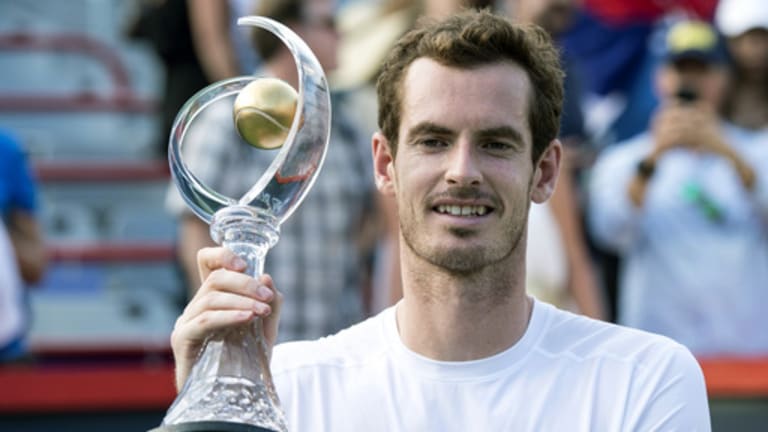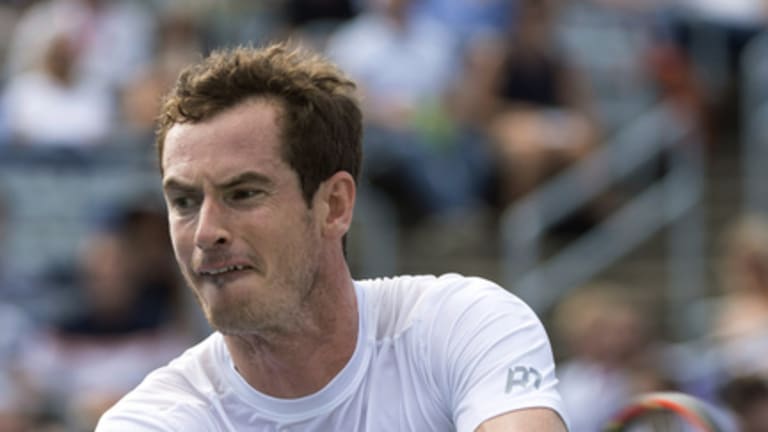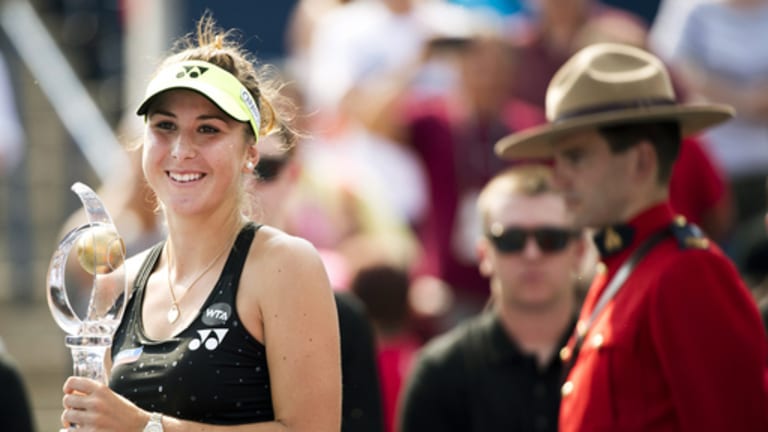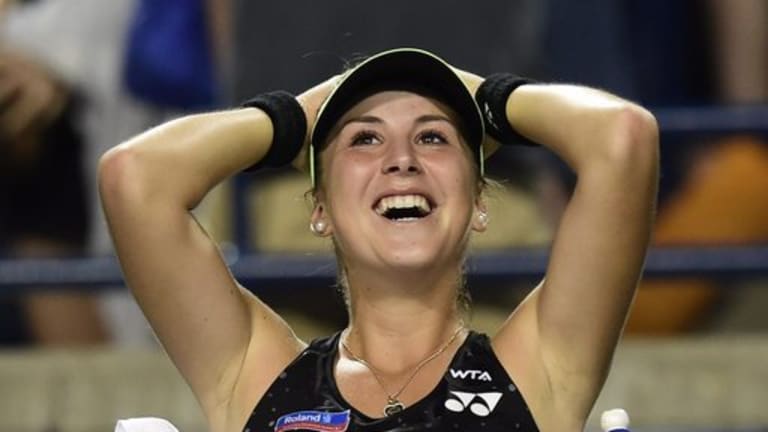Andy Murray hasn’t had it easy against Novak Djokovic recently. Before Sunday, the last time the Scot beat the Serb, in the 2013 Wimbledon final, he had to survive what may have been the most hair-raising, heart-stopping final game in tennis history. And in the two years since that match on Centre Court, Murray hadn't survived anything at all against his childhood foe. During that time, Djokovic had turned their formerly competitive rivalry into an entirely lopsided affair, beating Murray eight straight times and knocking him out of three Grand Slams. This season, by clipping Murray in the Australian Open and Miami finals, and the French Open and Indian Wells semifinals, Djokovic has single-handedly brought an edge of frustration—and at times uncontrollable rage—to what otherwise should be a deeply satisfying season for Murray. Of Murray’s eight losses this year, half of them have come at Djokovic’s hands.
The frustration finally ended on Sunday in Montreal, when Murray beat Djokovic, 6-4, 4-6, 6-3, for his third Rogers Cup title. It was one of the best and most entertaining editions of a matchup that has produced few full-fledged classics. But to the surprise of no one, Djokovic didn’t make it easy. Those three sets took exactly three hours, and included a Murray service game that lasted 18 minutes and 26 points. Despite its straightforward-sounding scores, this long and winding match featured extended rallies, spectacular winners and mystifying mistakes, and dozens of potential turning points. And while the end wasn’t quite as harrowing for Murray as it was that day at Wimbledon, he was still forced to save seven break points in his final three service games.
“I fought well and hung on today,” a weary Murray said afterward. “It was tough. This time, both of us were dictating the points. I tried to play aggressive today.”
Murray came out firing early and often, and took the rallies straight to Djokovic in a way that he seldom has in the past. This wasn’t the careful, match-managing Murray we saw at Wimbledon last month; this was Murray the risk-taker. He finished with more aces, more winners, and more errors than Djokovic, and generated 19 break points to his opponent's 14. Murray’s crosscourt backhand, which found the corner from start to finish, was the crucial stroke of the afternoon. Djokovic likes to talk about his own down-the-line backhand as his secret weapon, the shot that allows him to open rallies up. In Montreal, Murray’s crosscourt version served the same purpose. It threw a new wrinkle into their well-worn baseline dynamic.



